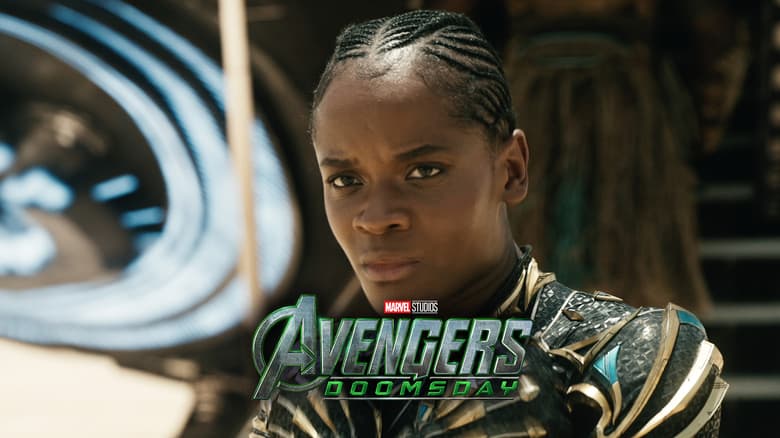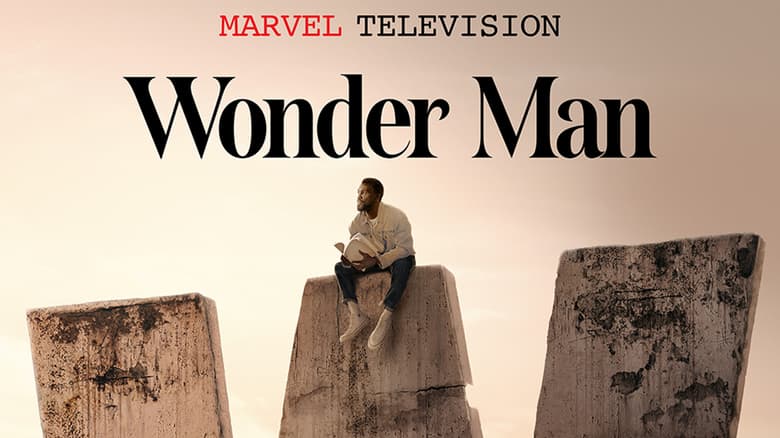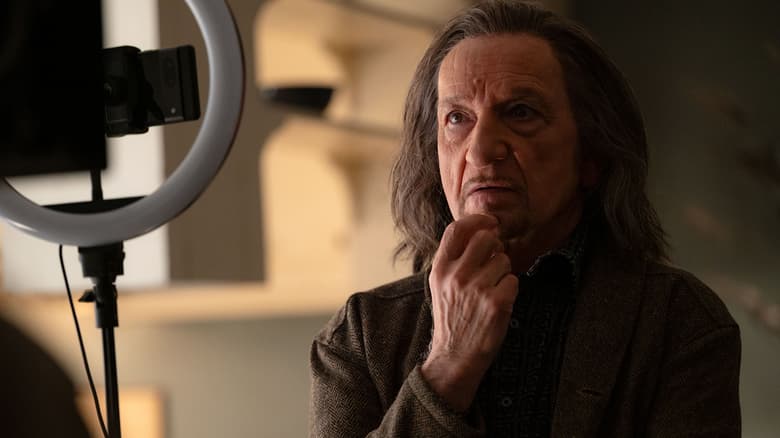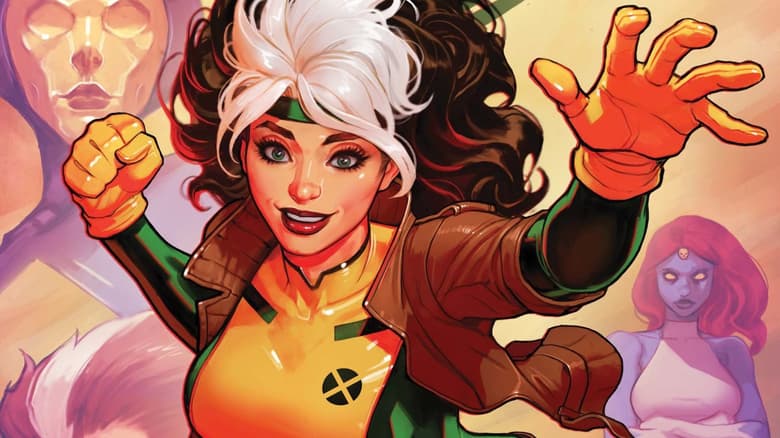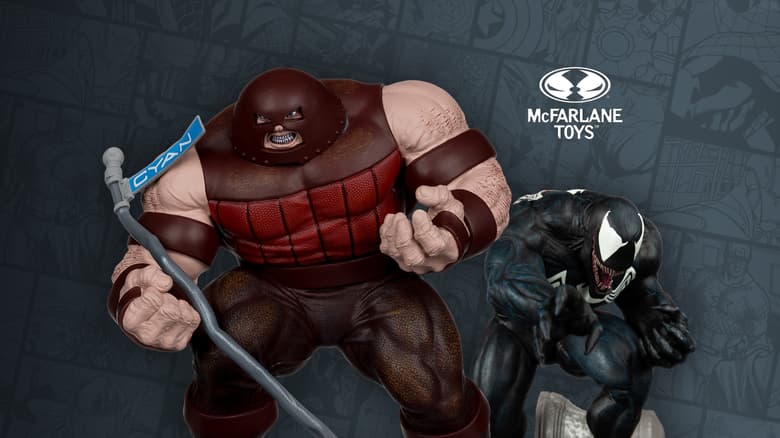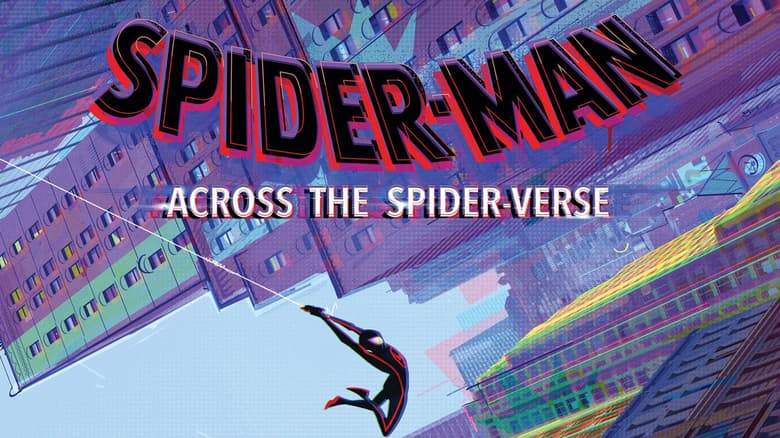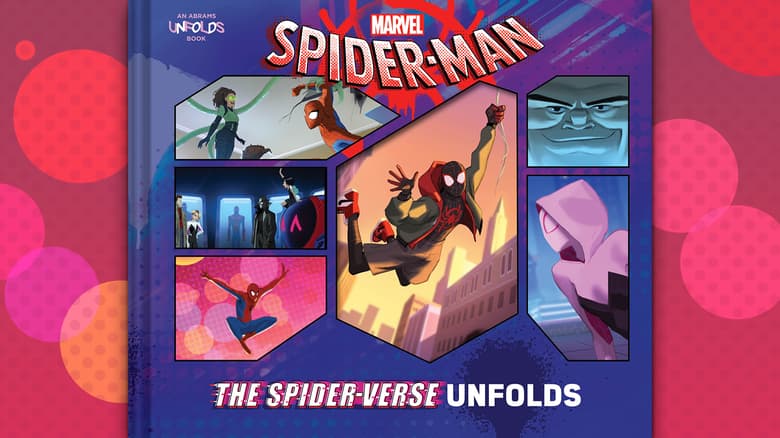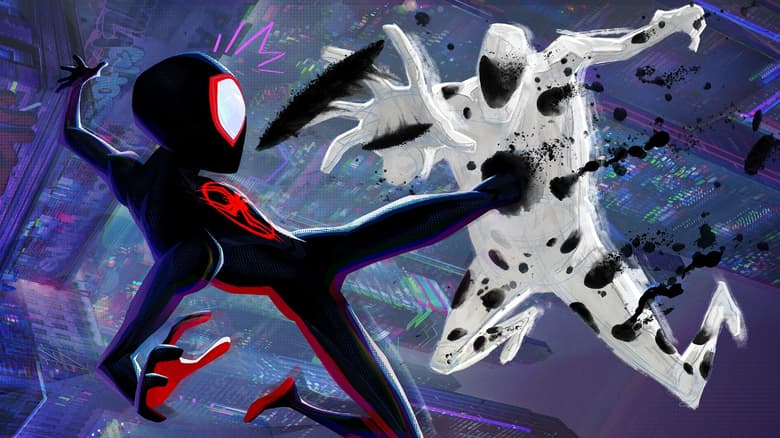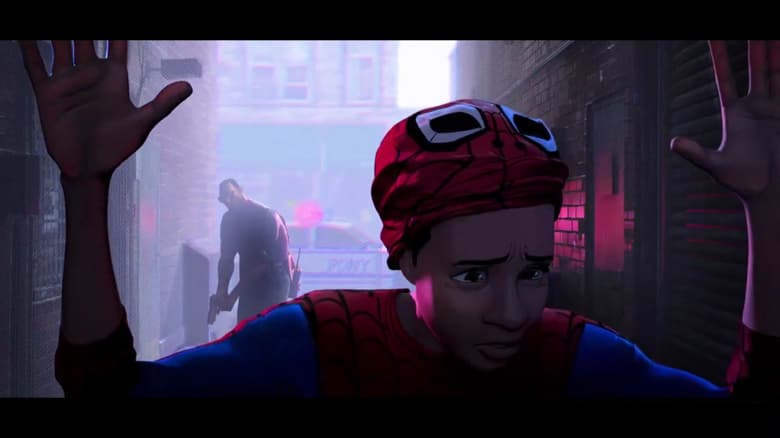‘Spider-Man: Into Spider-Verse’ Directors on the (Multi)Universal Appeal of Spider-Man
Bob Persichetti, Rodney Rothman, and Peter Ramsey on bringing Spider-Man back to the big screen in a whole different way.
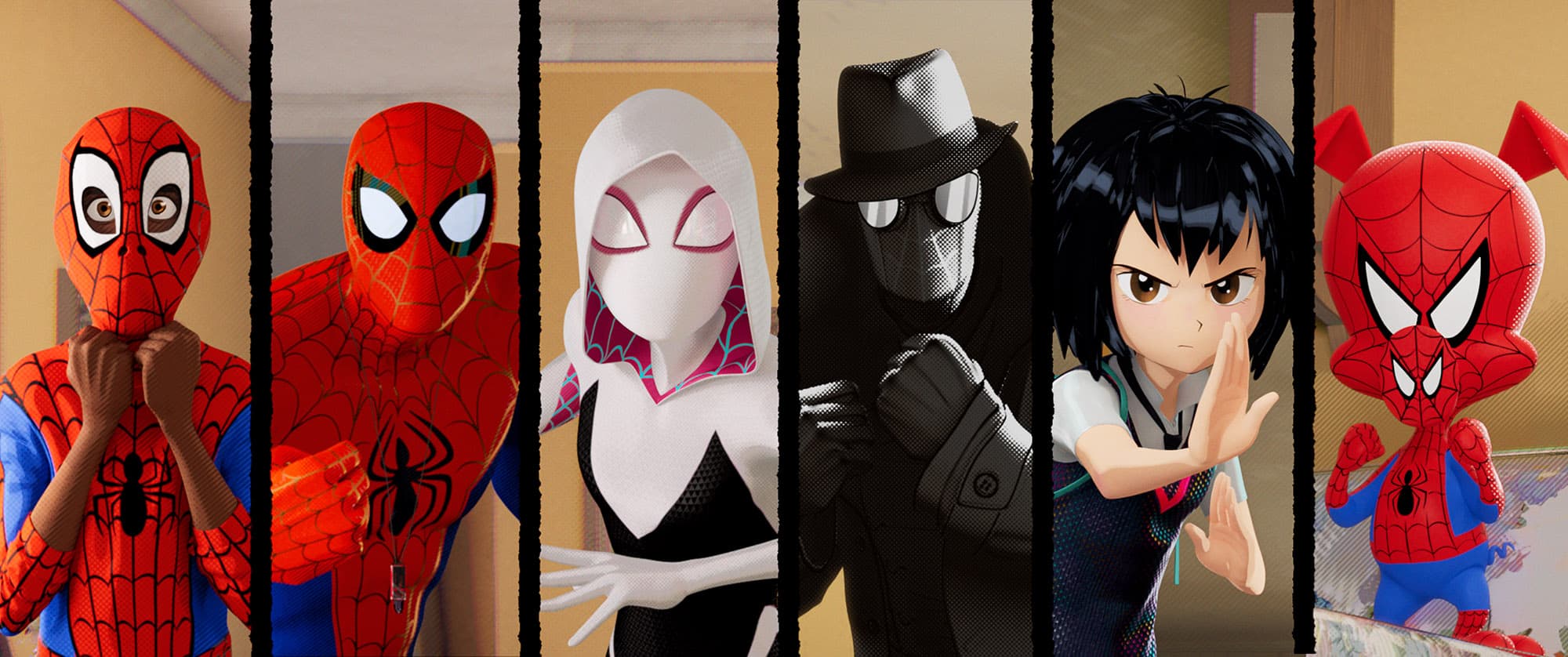
Animation is a highly collaborative medium and the acclaimed new film “Spider-Man: Into the Spider-Verse,” opening December 14th, boasts three talented directors with Bob Persichetti, Peter Ramsey, and Rodney Rothman (Rothman also co-wrote the screenplay with producer Phil Lord).
Marvel.com spoke to the trio of directors about the film’s approach to Spider-Man and the character’s enduring popularity, as we meet Miles Morales and follow him on his journey to becoming Spider-Man himself. We also discussed the visual nods to previous Spider-Man stories, the casting of Nicolas Cage as the voice of Spider-Man Noir and John Mulaney as Spider-Ham, and much more.
Marvel.com: Spider-Man is a character with such universal appeal and the movie takes this great approach of essentially being about that universal appeal. Did you realize early on that could be an overarching theme for the movie?
Rodney Rothman: Yeah, I think from the very beginning, when we examined how this movie could be distinctive. Because it was about Miles Morales and it seemed to naturally lend itself to taking a half step back and assessing what it was about this story that had made it stick around for so long and take so many forms and essentially become a modern myth, you know? Travelling the world, a lot of people see themselves in this character, see themselves behind the mask. Taking a half step back brought all that stuff in and then it just kind of naturally found its way in because of the subject matter, because we were, from the very beginning, looking to make it distinctive.
Bob Persichetti: I think it also was a wonderful tool for us because Miles exists in a universe where Spider-Man already exists. It became a wonderful thing for us for comedy because we could say, “Spider-Man’s here. He’s done all of these things that we recognize from our own world.” But it also became a really powerful narrative tool because it set a really high bar for Miles and it placed all these expectations on him. So it was more than just the ability to say, “Hey look at all this fun Spidey stuff that you all know!” It was really important to Miles’ journey.
Peter Ramsey: Chris [Miller] and Phil [Lord] are known for the whole meta thing. The great thing about this, as Bob was saying, was it was a way to do that completely organically. It was woven right into the fabric of Miles’s own story from the very beginning. So it kind of really did give us license to have so much fun and never feel like we were breaking the fourth wall or being gratuitous.
Marvel.com: Everyone is talking about how cool the visual style is in the film. How many discussions were there about what it would look like?
Bob Persichetti: I don’t think there’s a number big enough. We had this opportunity to create a world that wasn’t just, “Oh, yeah, it’s a fully animated Spider-Man so it looks and feels like any other animated film.” We are world building and multi-universe building in a way that is also aesthetic and textural, so let’s look at the source material. We’re adapting comic books. And that’s sort of the most personal, intimate relationship you can have with source material, peeling through the pages. Every page has hand drawings – it’s really authored. In a CGI movie, those aren’t the adjectives that get used a lot - handmade and authored by a singular person. What we did is pull like 800 people together and gave them all the ability to put their fingers on the screen. I think you can feel it and felt the love and attention. It became this weird, bespoke CGI film but it all leapt from the pages of the comic book. It’s Miles’ story and Miles’ world.
Marvel.com: With the different Spider-Verse characters, they evoke very different animation and cinematic styles. Was that something you guys knew you wanted to do early on?
Peter Ramsey: Yeah, it kind of grew out of the idea of how do we visually represent the idea that there's multiple universes? So the attributes that those characters have, and the tact we took with each of them, turned out to be a really great way to express that and also was just fun. It was really cool and a way to juxtapose them against Miles and where he is in his journey. It basically all came down to asking how do all of these things resonate with Miles and what he’s got to do? How can they be the most different? Where are the areas where they’re super similar? The main thinking always started there. But it happened to be a great shorthand to be able to say, “Wow, that girl and that robot really are from another dimension.”
Rodney Rothman: Also, this all from Miles’ point of view. It’s a way to convey to him that these are a bunch of wildly different people who have figured out their own way of dealing with a similar situation. So they’re both providing models for Miles but there’s also a point where their models fail for Miles. Because he can’t do what they did.
Bob Persichetti: I think it was also just a way to hammer home the diversity aspect - meaning like they were diverse in every single aspect of their life. They move differently, they speak differently.
Peter Ramsey: They animate differently!
Bob Persichetti: Yeah! All of these technical things and choices were really hammering down this idea that this movie ended up being a singular story for a bunch of different kinds of characters from different cultures. Even if they were from different universes. It was the easiest way to represent it without words.
Marvel.com: Who can I praise for the bagel sound effect idea? [Editor’s Note: See the clip right above] Because I have to tell you, that cracked me up.
Rodney Rothman: I think that would be me… But you know what, there are actually two people to praise. I pitched that but I pitched it in a big meeting in passing and it could have easily gone into the void. Days later, Justin Thompson, our production designer, kind of pitched that idea again. I think I half pitched it as a joke. I was just trying to make people laugh.
Peter Ramsey: There are a zillion things like that in the movie. Ideas just sprung up from everywhere.
Marvel.com: The bagel joke is an example of how you’ve got these animated representations of things we know from comic books, like thought balloons and visual sound effects. For Miles, that really begins after the spider bites him. Was the idea that he’s kind of becoming a comic book character now, so you begin to visualize that?
Peter Ramsey: It’s cool because it was something we knew we wanted to do, but at some point in the process the idea formed to totally align this with Miles’ experience. We can establish a convention right up front with perfect hero Spider-Man. You get the whole menu right up front. You get the panels, the sound effects. And then it goes away when we meet Miles and it’s very naturalistic, very slice of life, and very intimate to his real world experience. And then after he’s bit by the spider, those elements start coming back. You get the sense that he’s entering this same continuum that these other Spider-People exist in.
Marvel.com: You also play with everyone’s familiarity with different iterations of Spider-Man with specific visual nods to previous Spider-Man films and comic books.
Rodney Rothman: That idea came up as soon as we heard about the idea of doing another Spider-Man movie.
Bob Persichetti: I think we were all sort of initially probably wary, just honestly. And then we were like “Oh, it’s Miles Morales,” and then, “Oh, it’s Phil and Chris and there are some amazing people coming together to tell this story about a different kind of kid, a contemporary kid being bitten by the spider.” I think there were land mines throughout the entire production and pre-production of just being careful to make sure that we can bring in as many Spider-People as we want if they were serving the story of Miles becoming Spider-Man and rising to the challenge. And that was, at the end of the day, the litmus test for every one of those characters. It was how is that preventing Miles or becoming an obstacle or assisting him. If we were all cynical I think there were so many places where we would have bailed out of this. Interestingly enough, Phil Lord is a very positive, optimistic person. He won’t let you stay cynical for too long.
Rodney Rothman: And what you’re talking about, that was something that really helped us introduce the concept of the multiverse. Because there was this giant reservoir of iconic [Spider-Man] images and moments -- and not everyone needs to know every reference -- but there’s this reservoir of these things so that was a cool way for us to convey the multiverse and say, “Yeah, this happened in different universes.” As it happens, a lot of those iconic images in our movie are slightly different – they’re tweaked. Hopefully it’ll be fun for people who are into that kind of thing to geek out.
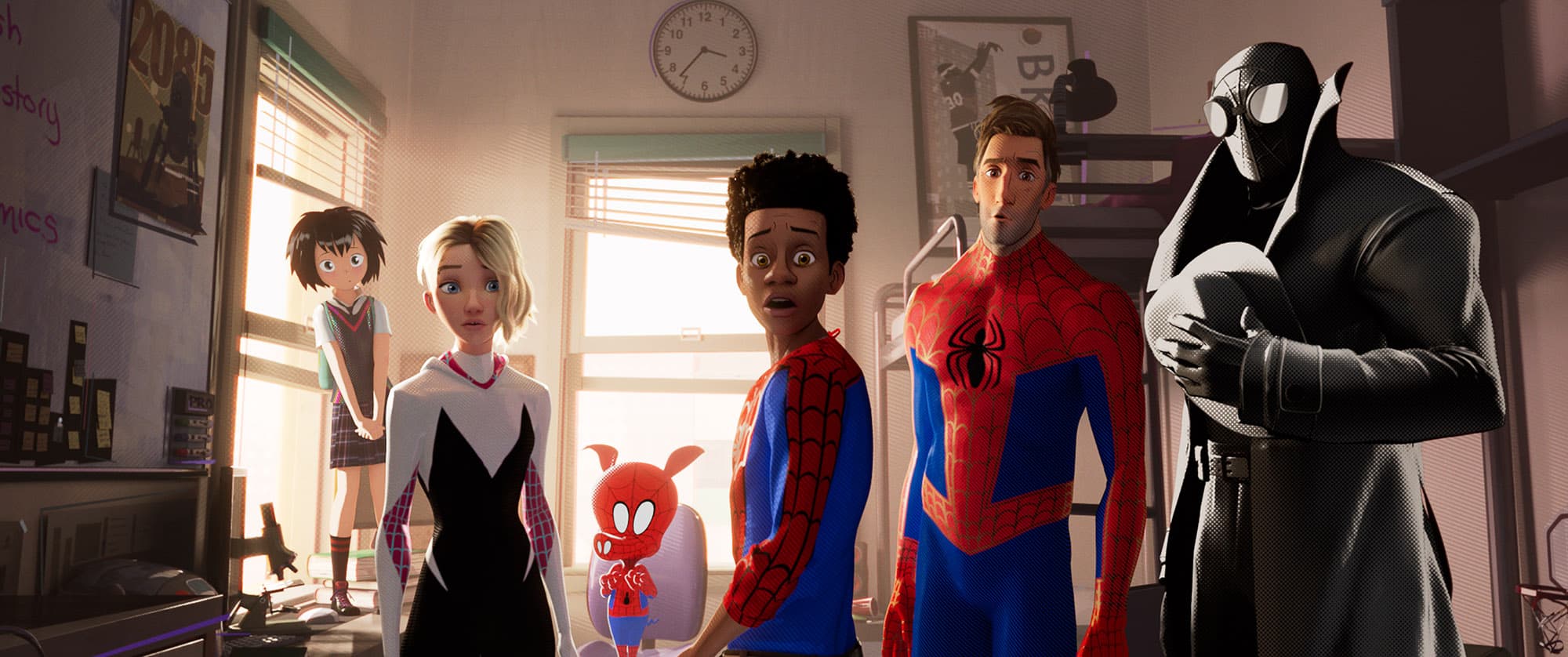
Marvel.com: Your voice cast is excellent top to bottom, but I have to ask about Nicolas Cage and John Mulaney because those are the kind of things where the second I heard they were in it, and who they were playing, I thought, “This is amazingly perfect.” How did those two come to be involved?
Bob Persichetti: With Nicolas Cage, Christina Steinberg, our producer, she had done a couple of things with him. She’d done “National Treasure.” That was always a pie in the sky idea, like “what about Nicolas Cage for Noir?” She told us, “You know what, I’ll reach out.” At the time, I think he was staying in a hotel and we went to his hotel room, Peter and I, and we pitched him the movie and he was like, “Oh man, that sounds cool!” And then we really connected because I had a broken leg and he had a broken ankle. [Laughs] We both had canes and then we went “Oh, by the way, this is what you’d look like” and we revealed the design to him and he was like, “I want to wear that.”
Peter Ramsey: “I really like the pulp thing. Yeah!”
Bob Persichetti: Then Mulaney, Rodney, did that come from you?
Rodney Rothman: I had known him for a while. He just seemed like perfect casting for Spider-Ham. Also, greedily, we knew how Mulaney isn’t just a crazy funny interesting person but he has a brilliant writer’s brain. You know when you hire someone like that, you know in [voice] records, this guy’s going to be riffing out stuff that’s better than anything.
Peter Ramsey:I recorded him remotely, and he started going and I was just reduced to tears through the whole thing. I barely said anything. We just turned on the switch and it was astonishing. That guy deserves everything.
Bob Persichetti: The first time we recorded him, I was like, “Oh, wow, this was the right choice!”
Spider-Man: Into the Spider-Verse” opens December 14th, 2018.
The Daily Bugle
Can’t-miss news and updates from across the Marvel Universe!
